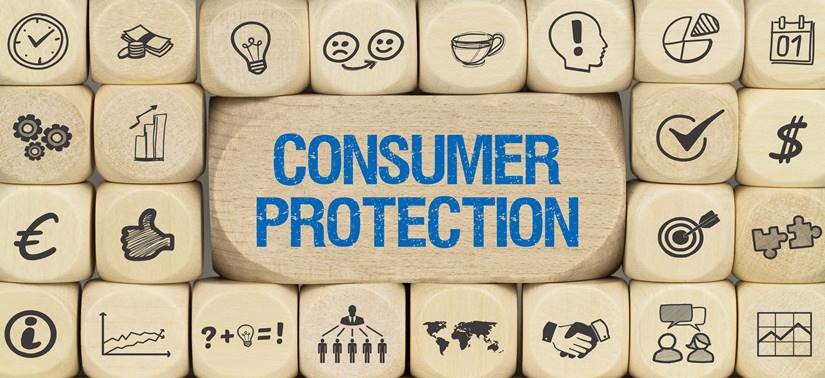
I previously wrote about the American Trade Association for Cannabis & Hemp’s policy paper that called for the federal and state regulation of hemp -synthesized intoxicants like Delta-9 and Delta-10 THC, issued on June 24, 2023. Last week, the FDA issued warning letter to six different manufacturers of gummies containing Delta-8 THC: Delta Munchies, Dr. Smoke LLC (also known as Dr. S LLC), Exclusive Hemp Farms/Oshipt, Nikte’s Wholesale LLC, North Carolina Hemp Exchange LLC and The Haunted Vapor Room.
The warning letters explain that the products at issue are adulterated under the Food, Drug and Cosmetics Act, because Delta-8 THC has not been authorized by the FDA as a “food additive.” They note that the FDA has received numerous adverse event reports pertaining to products containing Delta-8 THC, especially such products ingested by children, and emphasize the FDA is particularly concerned about the marketing of gummies containing Delta-8 to children. In this connection, the warning letters also claim the products at issue were marketed in a deceptive manner in violation of the FTC Act.
The manufacturers were told to cease and desist the sale of the allegedly offending Delta-8 containing products. The warning letters will likely result in further investigation by the FDA and a process by which the manufacturers will work with the FDA to resolve the issues raised in the warning letters.

